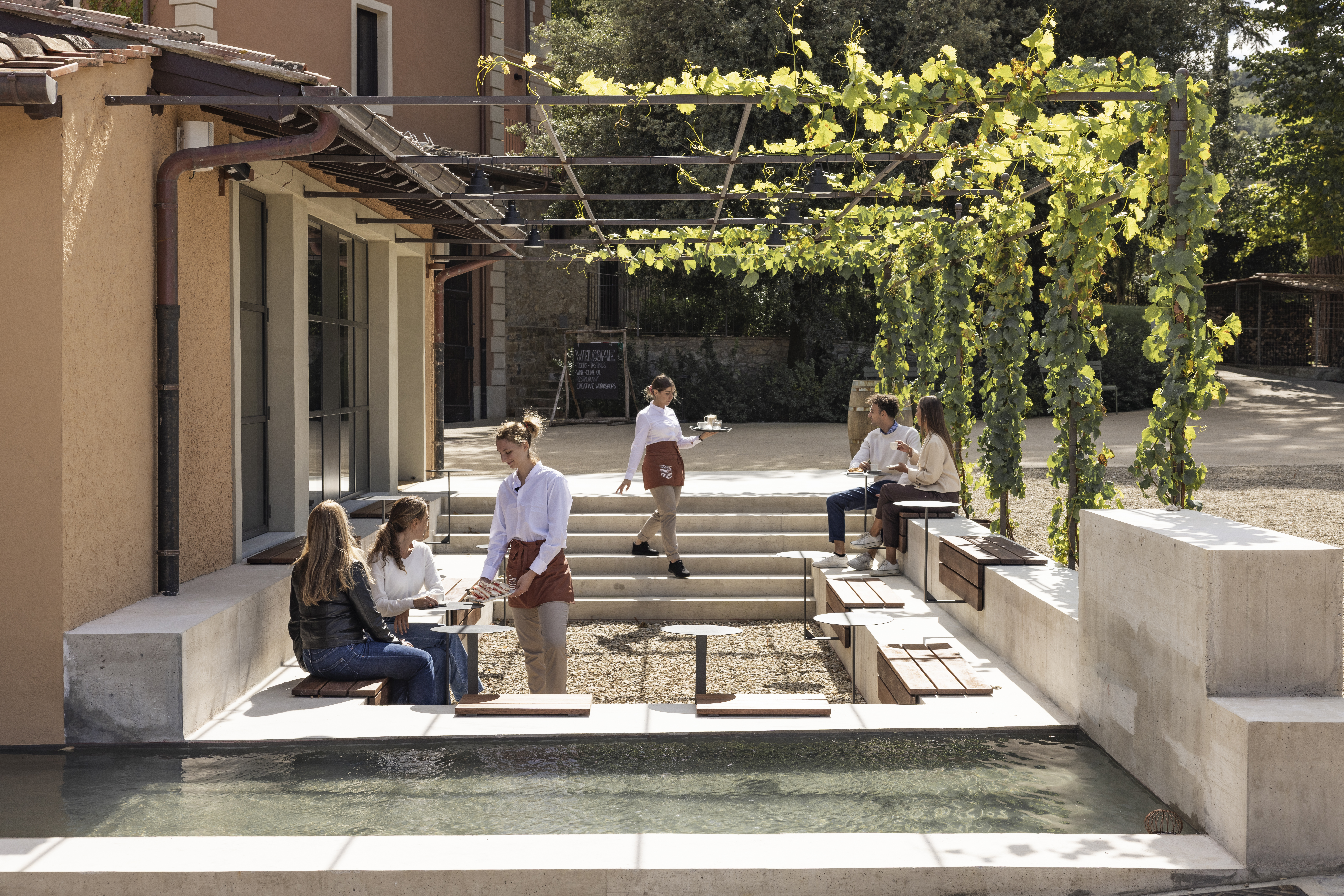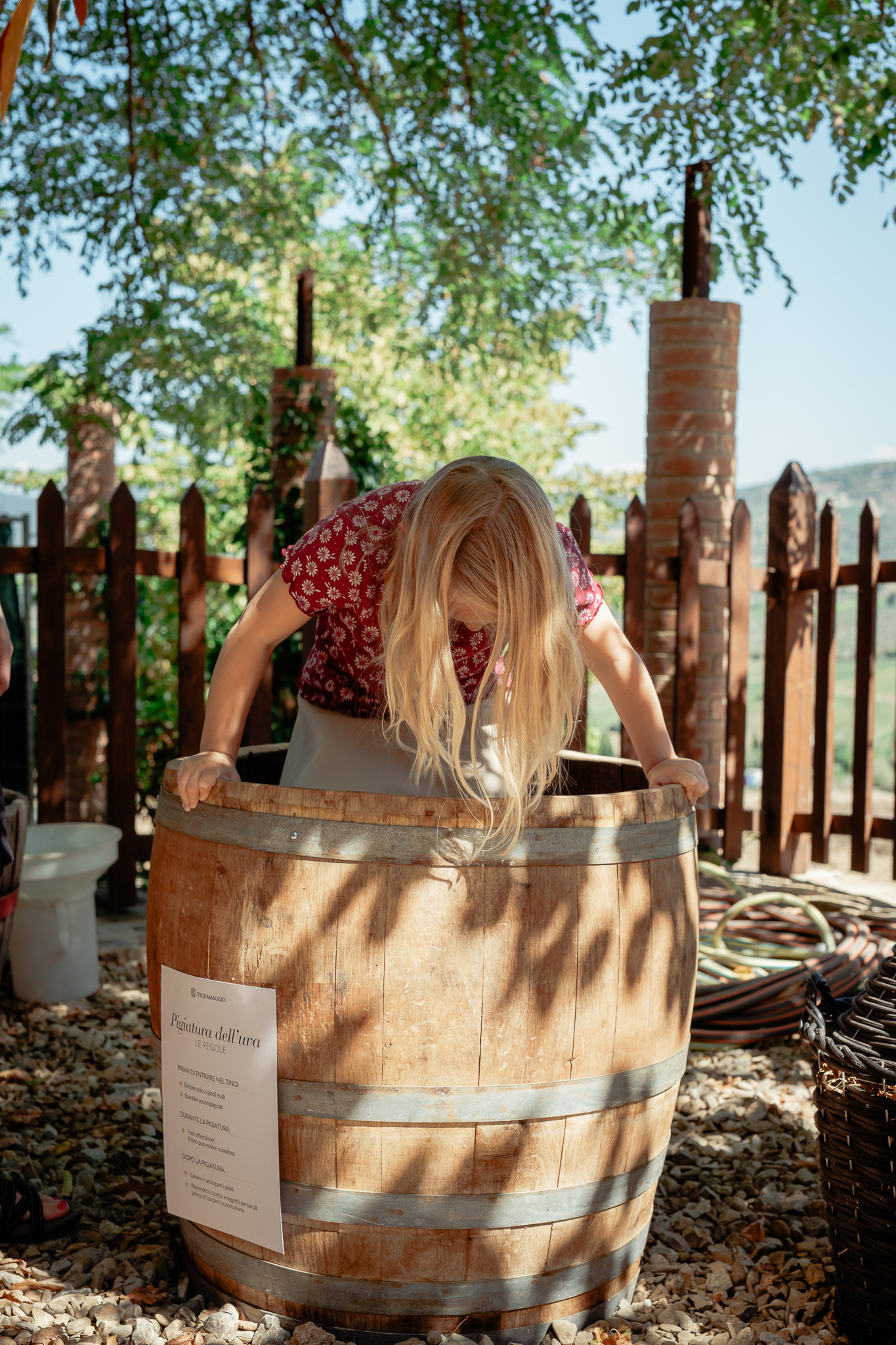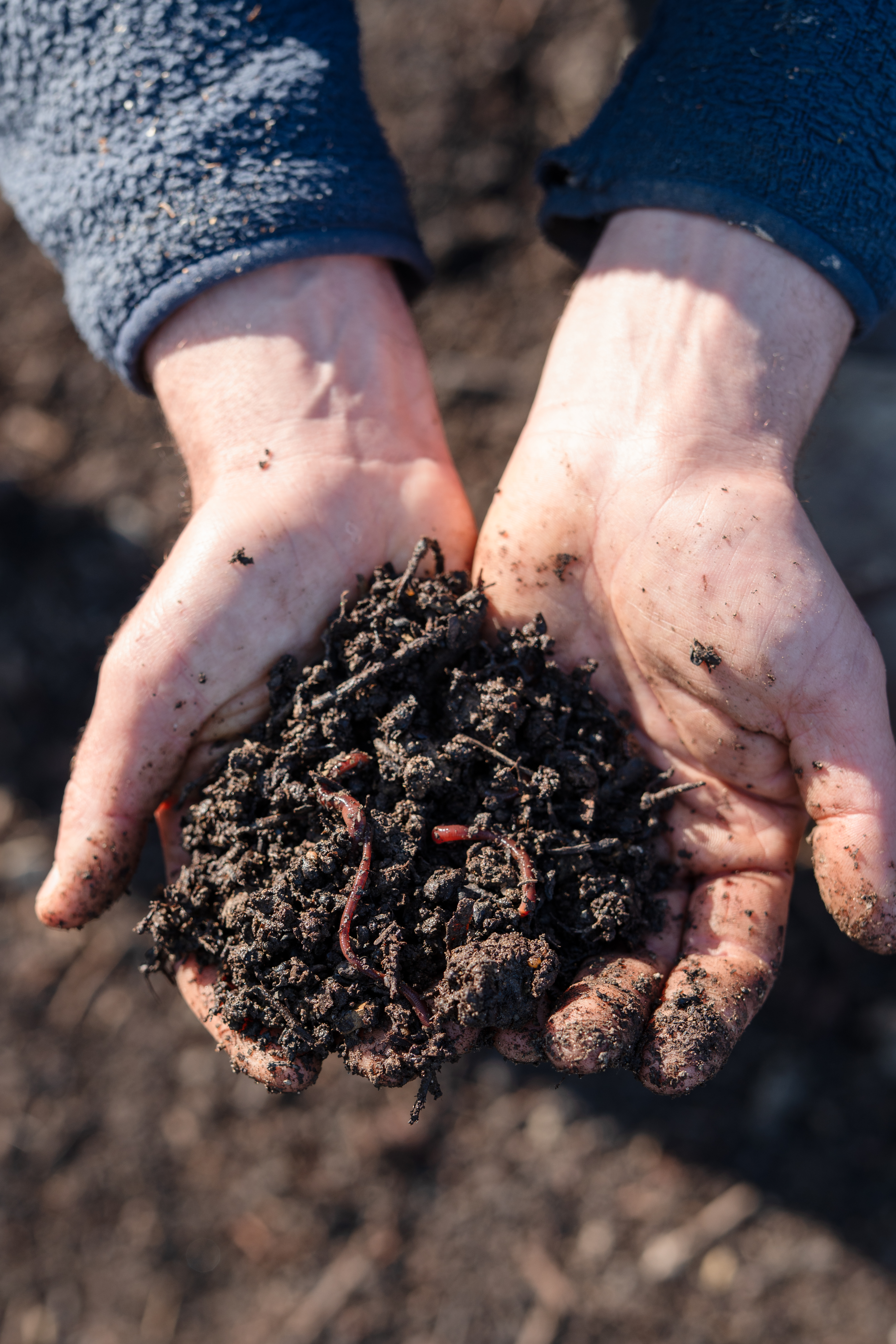WHAT IS COMPOST USED FOR?
Compost is a natural fertilizer and is necessary for enriching the ground, making it more fertile and productive. Differently from chemical fertilizers, compost is environmentally friendly. It is also an ecological and wise method of dealing with organic waste that would otherwise end up burned or in dumps.
Adding compost introduces new life into our dry and barren ground over time. Soil enriched with organic matter retains more water and provides a balanced nutrition for the plants.
COMPOSTING OR STUBBLE BURNING?
In Tuscany and many other regions in Italy, fire is still used to dispose of cuttings after pruning in olive groves and vineyards. In fact, this rudimental practice is environmentally detrimental and only temporarily enriches the soil. In the long term, the soil becomes so depleted that it becomes completely barren.
Composting is definitely a more lengthy and complex procedure, but its positive effects are evident in both the short and long term.

HOW DO WE MAKE COMPOST?
To make a good compost, the first essential rule is to use only organic material. At Vignamaggio we use woodchips made from material from our vineyards, olive groves and fruit trees after pruning, as well as vegetation accumulated when we tidy up our forests.
We also use pomace and stalks, waste products from the cellar and grape reception area, animal bedding from the pig farm and organic manure.
The other 2 fundamental ingredients for a good compost are air and water: the compost is wet regularly, left to ferment and then turned.
Long periods of high temperatures result in accelerated decomposition of organic material (apart from heavier matter like wood). Waste material is also stripped of bacteria, harmful insects and pathogenic mould found in the pruning waste.
Once the sugars are broken down, the temperature slowly decreases. This is when the flora in the mixture are altered and transformed into compost, a mix of semi decomposed organic substances and humus.
The compost has a consistency of soft topsoil, black, with streaks of blue from the pomace.

THE 4 GOLDEN RULES OF COMPOST MAKING
To give your pot-plants or garden new vigour, you can make your own compost. Just follow these simple rules.
- Mix nitrogen rich green material (weeds, leaves, manure, raw fruit and vegetables) with carbon rich brown material (sawdust, dry leaves, straw or cardboard). The proportions should be ¼ green material and ¾ brown material.
- Wet your compost and turn it regularly to keep it well ventilated. Also try to break up any clumps that may have formed.
- Wait at least 8 months to a year. If you start your compost in the summer, it should be ready earlier, but have patience.
- The ready compost will be like top-soil and will settle to the bottom of the container from where you can start taking some to use on your plants.





